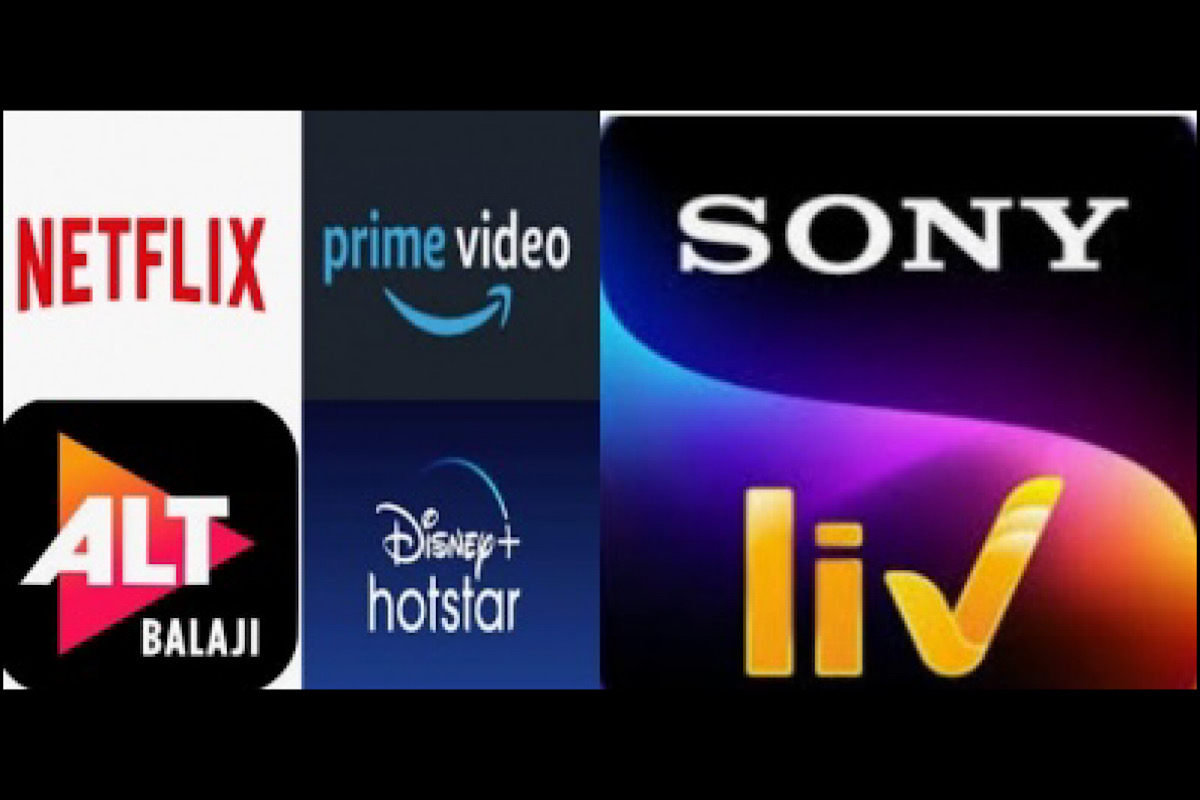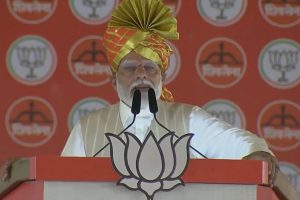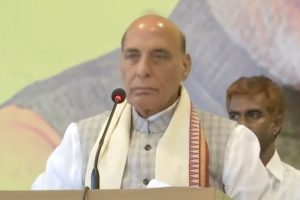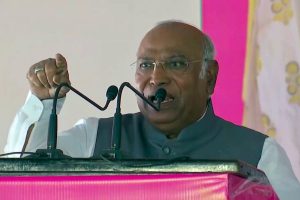The Internet and Mobile Association of India (IAMAI) on Thursday once again countered the Telecom Regulatory Authority of India’s (TRAI) proposal on selective banning of OTT or internet services, saying such demands for imposing revenue sharing mechanisms between Internet companies and telecom services providers (TSPs) “smack of rent-seeking”.
According to IAMAI members, by requiring “largest” OTT service providers to pay TSPs for data used by consumers, TSPs would effectively be charging twice for the same service – as they already charge consumers for data.
In any case, “surging data traffic” is merely data consumed by consumers that they have already purchased from telecom companies. Therefore, the “strain” on infrastructure of TSPs occurs when they sell data to consumers beyond their infrastructural capacity – a fact that has been conveniently ignored”, the IAMAI argued.
The IAMAI also flagged demands made by the Cellular Operators Association of India (COAI) and the Indian Council for Research on International Economic Relations (ICRIER).
The COAI has called for regulatory intervention to ensure “largest traffic originators” pay a “fair share charge” to telecom companies to account for capital investments made by the latter to “accommodate surging data traffic”.
Similarly, the ICRIER has called for the imposition of a ‘Broadband Infrastructure Levy’ to be applied at 3 per cent of India operations of “significant” OTT service providers based on “specialised contracts” between service providers and network operators.
The IAMAI highlighted that such demands fail to recognise that telecom service providers are subject to a special regulatory and licensing regime by virtue of the control that they exercise over valuable national resources such as spectrum.
“Therefore, the introduction of a telecom regulatory regime for OTT service providers would be an act of over-regulation,” said the industry body. Over-the-top service providers have provided high quality content for little-to-no cost to users. This, in turn, has spurred the rapid growth of data consumption and economic activity in India.
“Mandating revenue-sharing mechanisms between OTTs and TSPs would effectively reverse this phenomenon by disincentivising growth for OTT-based businesses, for whom a volume-based revenue sharing mechanism would be a glass ceiling for continuing growth and may prove to be an entry barrier for startups,” the IAMAI noted.
Earlier this week, at least 128 startup founders urged the TRAI to rethink any move towards over-regulation of internet services being described as OTT services, which may have discriminatory consequences. the TRAI, in July, started the process to examine the issue of regulating OTT communication apps.
Earlier this month, 11 consumer groups said the proposal would lead to overregulation and would create regulatory uncertainty in the domestic market.











